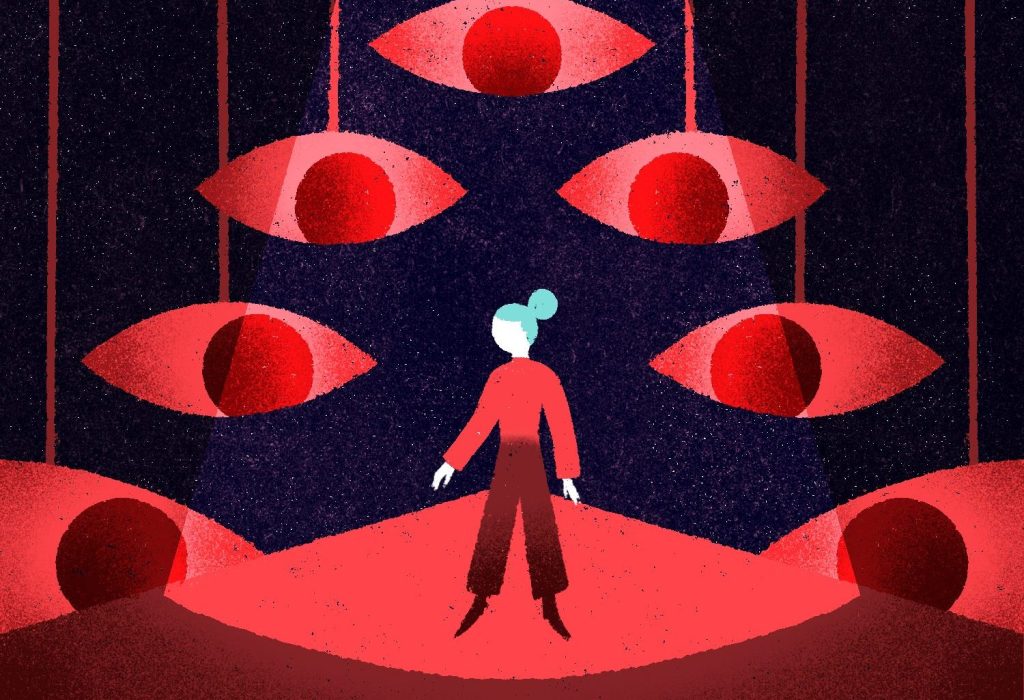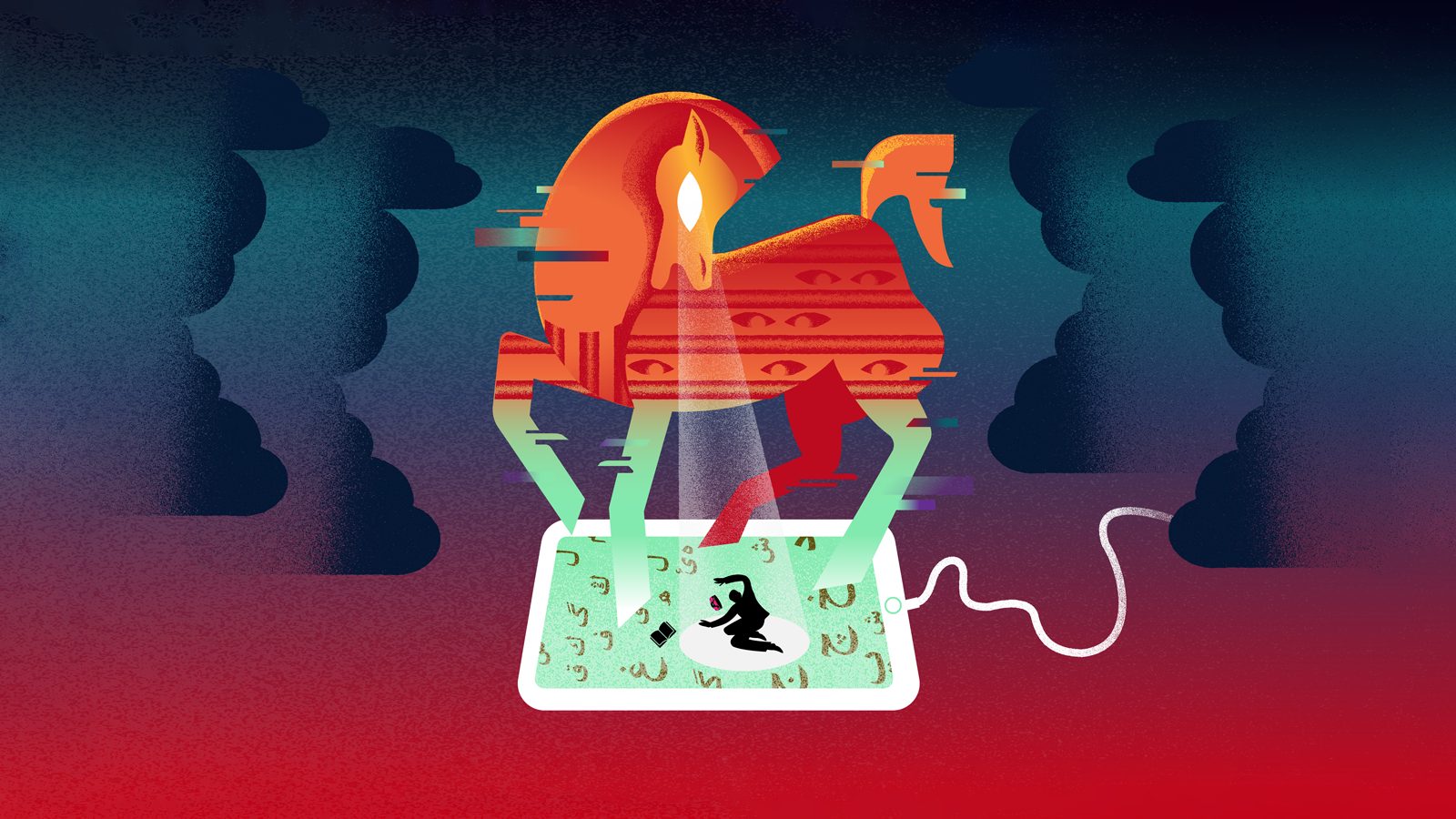
Dounia Filali
A Journalist From Morocco
Meryem and her family left the Xinjiang region in China for Turkey in the early 1990s, before settling in North America. As a human rights defender, Meryem has experienced various digital threats in response to her activism. She is frequently attacked by what she believes to be Chinese state-backed trolls on X, Facebook, and in the comment section on public Zoom meetings.
This country spotlight is part of the Citizen Lab’s research on digital transnational repression. Digital transnational repression arises when governments use digital technologies to surveil, intimidate and silence exiled dissidents and diaspora communities. It is part of the broader practice of transnational repression, which refers to states using methods such as harassment, coercion-by-proxy, kidnapping, and assassination attempts, in order to control dissent outside their territories. Further research by the Citizen Lab on this issue – including research reports, country spotlights, stories of digital transnational repression, video interviews, and academic articles – is available here .
Dounia Moustaslim (also known as Dounia Filali), a journalist in exile, was among the first to expose the Moroccan security apparatus’ use of spyware against political figures and journalists. Through her newspaper and YouTube channel, she also reported on political repression and human rights abuses, including torture. Her work gained attention, but also brought her under dangerous scrutiny.
In 2020, while living in China, Dounia uploaded a teaser for an interview with a political activist. Soon after, her pictures were plastered across Moroccan newspapers linked to the state’s security agencies. These outlets, in collaboration with the government, launched a smear campaign that quickly shifted from attacking her work to targeting her personally and sexually – tactics often used against women dissenters. As Dounia recounts: “[i]f the target is a woman, false charges related to prostitution, immorality, and the like are immediately fabricated against her.”
The harassment initially targeted her family, falsely accusing her mother of “forbidden relationships.” These stories spread through Moroccan media and social media platforms. Soon, the attacks turned on Dounia, labelling her a “corrupt prostitute” and accusing her of selling sex toys. The accusations escalated to claims of arms trafficking, drug smuggling, and money laundering, particularly as her reporting covered sensitive political issues. Videos mocking her were produced in multiple languages and shared with Chinese authorities triggering an investigation into Dounia and her family.
One day, a Moroccan agent filmed her home in Shenzhen and threatened her by sharing a video with online groups of the local Moroccan diaspora community in China. Recognizing the imminent risk Dounia faced from the Moroccan regime while she was abroad, the UNHCR determined that she was a refugee under international law.
However, the harassment she faced from Morocco, even in China, forced Dounia and her family to flee to France in 2021. The disinformation followed. She believes that new waves of disinformation campaigns alleging that she had hidden assets and evaded taxes influenced French authorities to suspend her access to accommodation and assistance. Dounia felt abandoned by the system that should have protected her: “[When] will this psychological torture practiced by the French government and, behind it, the Moroccan government, end?”
The disinformation did not just damage her reputation – she also believes it jeopardized her refugee claim in France. She observed that Morocco adjusted the content of its disinformation campaigns based on Dounia’s host state, aiming to createcomplications for her within each political context. “Hundreds of articles started circulating false accusations, claiming we supported Iran and Hezbollah,” she recalls. These lies were based on a fabricated Facebook post that was falsely attributed to her husband.
Fearing further attacks, Dounia cut off communication with her family in Morocco and avoids sharing personal information online. Despite the toll this constant pressure and threat to her safety has taken on her health, she remains determined to continue her human rights work. She hopes her story will inspire other journalists and activists to resist repression.

